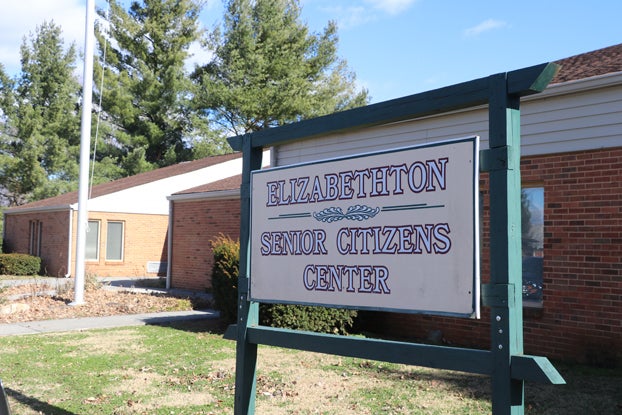Elizabethton and entities credited over $23,000 in dividends
Published 10:38 am Thursday, January 28, 2016
Member cities and entities in Carter County will be credited with $23,836 in dividends after another successful year of keeping loss ratios low.
The Tennessee Municipal League Risk Management Pool, commonly referred to as The Pool, provides insurance and risk management services for municipalities and civic organizations.
“As we commemorate our 35-plus years of serving hundreds of members throughout Tennessee, we also celebrate 20 years of returning excess surplus to Pool members,” says Dawn Crawford, president and CEO of The Pool. “The success of The Pool’s Annual Dividend Program can be attributed to the risk management and loss control philosophy of our members that not only saves on insurance premiums, but helps them to better protect the safety and welfare of their employees and taxpaying citizens.”
The dividend will be credited to the cities of Elizabethton and Watauga, as well as the Elizabethton Electric Department, Elizabethton Housing Authority, First Tennessee Human Resource Agency, and Upper East Tennessee Human Development Agency.
Elizabethton City Manager Jerome Kitchens said the dividend is normally used to offset insurance costs because the amount of the dividend varies. Insurance premiums for Elizabethton for the current year are close to $600,000, he said.
The Pool provides services like worker’s compensation, liability coverage and property coverage for municipalities, Crawford said. According to a press release, it provides cost-savings insurance coverage and risk management products for more than 90 percent of the state’s municipalities.
The company began in 1979 and implemented its Annual Dividend Program in 1996. Since then, it has distributed approximately $98 million in dividends to its members. These are calculated based on each member’s individual loss ratio for all years as members of The Pool.
Its members include municipal police, fire, water, sewer, electric, administration, public works, and parks and recreation departments, as well as municipal utilities, community action agencies, economic development commissions, human resource agencies, industrial development boards, municipal and special school districts, housing agencies, development districts, and emergency communications systems.



